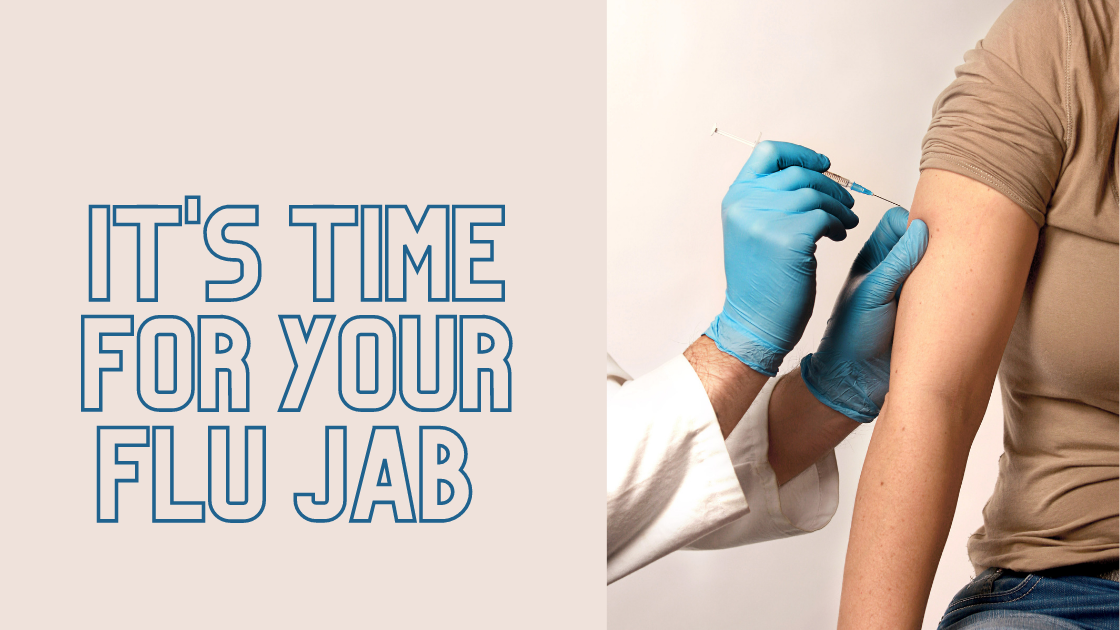Before you head out for a big Friday night out, did you know in England alone there have been approximately 440,000 diagnoses of STIs?

STIs are 'Sexually Transmitted Infections' - infections that are passed on from one person to another through unprotected sexual activity or genital contact.
Here you will find all you need to know about the most common STIs in the UK. Our quick fact sheets aim to explain the symptoms in men and women for each infection.
Chlamydia
In 2013, more than 200,000 people tested positive for chlamydia in England.
Chlamydia is the most common STI in the UK and is easily passed on through sexual activity.
If it is not treated it can cause long-term health issues. It is usually diagnosed with a urine test. Most people who have chlamydia don’t notice any symptoms.
If you do, they usually appear between one and three weeks after having unprotected sex. In some cases, individuals can have the infection in the rectum.
The symptoms for men and women differ.
|
Women: Pain when urinating. Vaginal discharge. Lower abdomen pain. Pain or bleeding during sex. Bleeding after sex. Bleeding between periods. Heavier periods than usual. |
Men: Pain when urinating. Discharge from the penis. Testicular pain.
|
Genital warts
The second most common STI in the UK and is caused by the HPV (Human Papilloma Virus). The infection does not require penetrative sex to be passed on; it can be transmitted through skin to skin contact.
These warts are small fleshy growths, bumps or skin changes that occur around the genital or anal area and can become itchy or inflamed.
|
Women: Around the Vulva. On the Cervix. Inside the vagina. Around and inside the anus. On the upper thighs. |
Men: On the penis. On the scrotum. Inside the urethra. Around and inside the anus. On the upper thighs. |
HIV
HIV (Human Immunodeficiency Virus) is passed on through sex or by coming into contact with infected blood. The virus attacks the immune system and leads to AIDS (Acquired Immune Deficiency Syndrome), the final stage of the infection when the body can no longer fight life-threatening infections.
|
Initial symptoms: Fever. A sore throat. Body rash. Tiredness. Joint pain. Muscle pain. Swollen glands. |
Advanced symptoms: Weight loss. Chronic diarrhoea. Night sweats. Skin problems. Recurrent infections. Serious life-threatening illnesses. |
Gonorrhoea
A bacterial infection that is easily passed on during sex, 50% of women and 10% of men don't experience any symptoms, but if left untreated can lead to long-term health problems. It is possible to have the infection in your rectum, throat and eyes as well as the sexual organs. Gonorrhoea is diagnosed using a urine test or by taking a swab of the affected area.
|
Women: Vaginal discharge. Burning sensation when urinating. Lower abdominal pain. Bleeding between periods.
|
Men: Discharge from the penis. Burning sensation when you urinate. Inflammation of the foreskin. Testicular pain.In both men and women, if the infection is in the rectum throat or eyes it can cause conjunctivitis in the eyes, and pain and discharge in the anus but the throat usually carries no symptoms. |
Syphilis
Another highly infectious bacterial infection; if it is not treated it can lead to severe health issues.
- Stage one - painless but highly infectious sore on the genitals or the mouth. If somebody else comes into close contact with the sore they can also become infected.
- Stage two - skin rash and sore throat, and then develop. These symptoms may disappear within a few weeks. You then experience a latent phase.
- Stage three - At this stage, it can cause serious damage to the body.
Genital Herpes
A common infection caused by HSV (Herpes Simplex Virus). The virus usually remains dormant until activated by a trigger. There is no cure but it is very treatable.
- Small blisters that burst to leave red, open sores around your genitals, rectum and thighs
- Blisters and ulcers on the cervix (lower part of the womb) in women.
- Vaginal discharge in women.
- Pain when you urinate.
If you think you or a partner may have experienced any symptoms we’ve discussed, you should not hesitate to contact you closest NHS Sexual Health Clinic for a check-up.
Be sure to follow us on Twitter for more information on sexual and other aspects of health!














